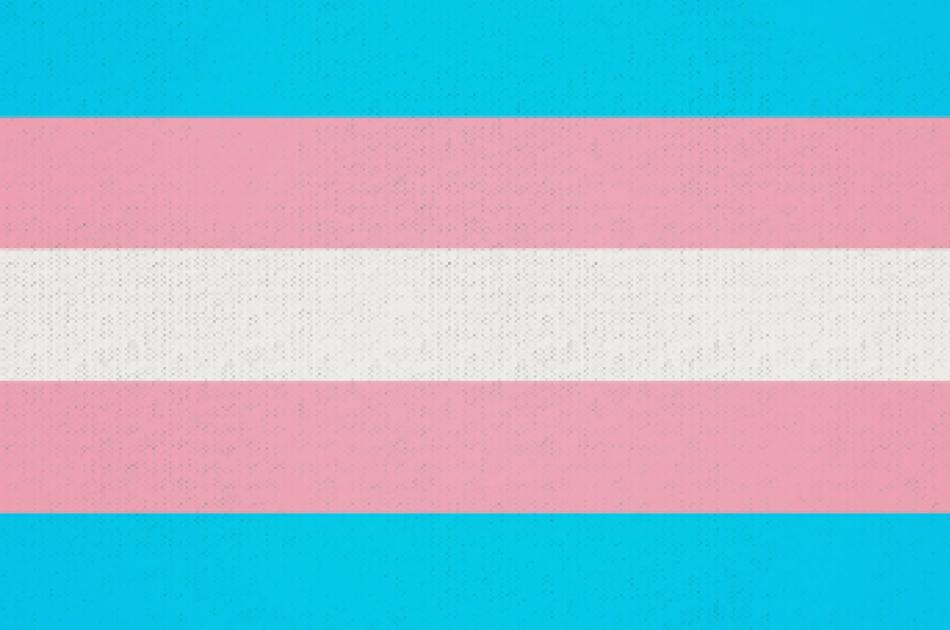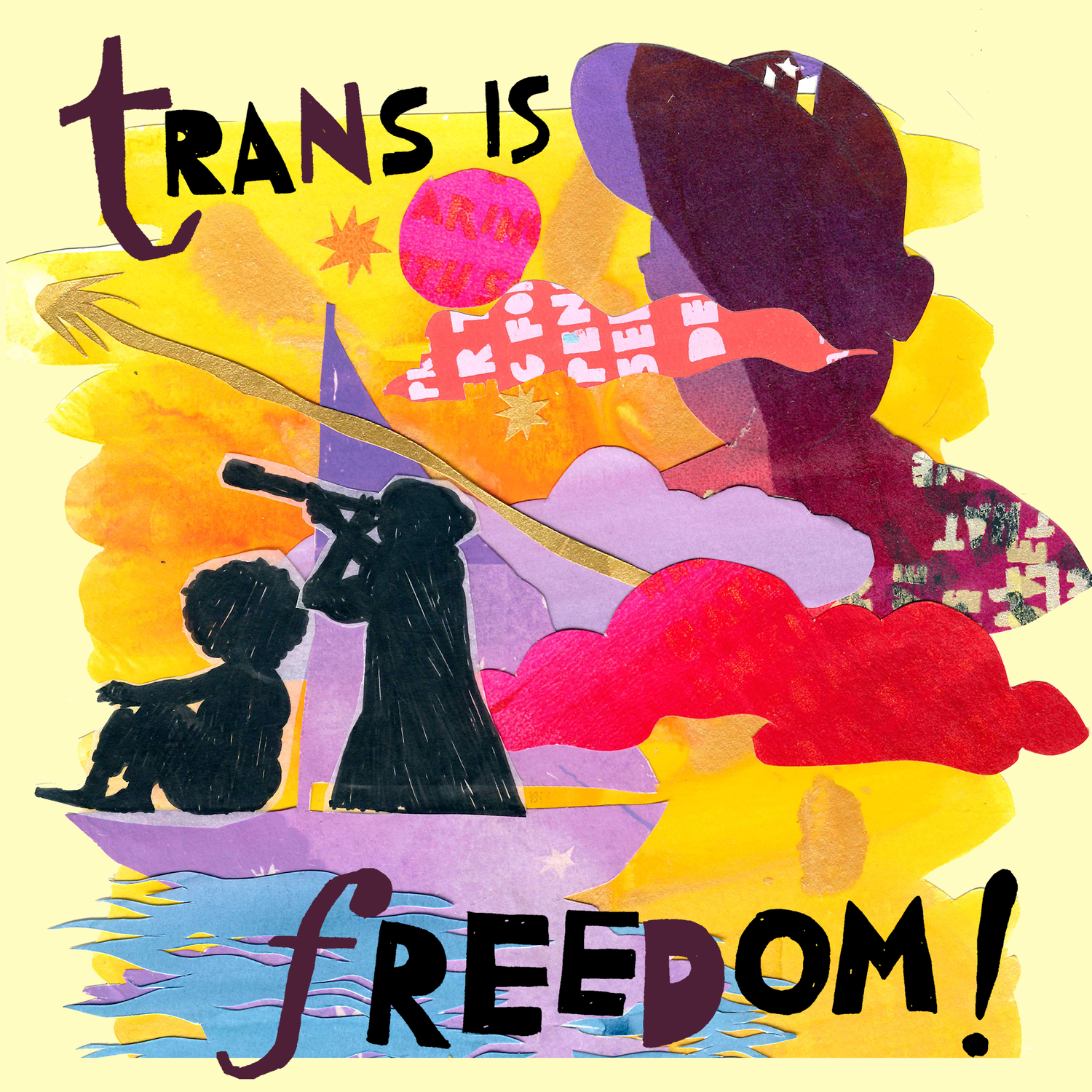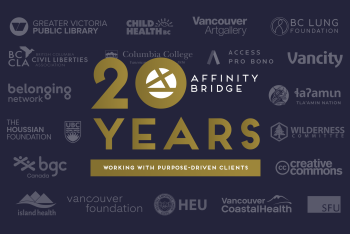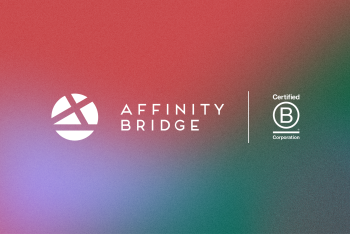Celebrating International Transgender Day of Visibility

What is Transgender Day of Visibility?
International Trans Day of Visibility, March 31st, was started by Rachel Crandall in Michigan in 2009. It’s a day to celebrate trans lives, including non-binary people. It’s also about recognizing the significant contributions that trans people make to society, and educating on the barriers and discrimination that trans people face.
This celebratory day was founded in part to focus on the positivity and contributions of trans people, while still acknowledging the annual Transgender Day of Remembrance in November.
This day is a great chance to educate ourselves and show support for trans people, especially those who are most affected by racism, colonization, ableism, and other forms of oppression. We’re looking ahead to a future where all trans people can thrive.
Why is Transgender Day of Visibility important?
To us at Affinity Bridge, inclusivity is an important aspect of social justice and what we stand for. We are proud to be striving for a more inclusive environment for employees, clients, and everyone we work with.
This day is a great chance to educate ourselves and show support for trans people, especially those who are most affected by racism, colonization, ableism, and other forms of oppression. We’re looking ahead to a future where all trans people can thrive.

Image by Kah Yanghi, an illustrator and muralist living in Philadelphia, PA. To view more of their work, visit www.kahyangni.com
Learning and support for gender diversity
There is a lot to learn on gender diversity topics and how we can support some of the great work that is happening in our communities. Here are some of my personal recommendations.
- Trans Care BC’s Peer Support Directory: Trans Care BC is a program of the Provincial Health Services Authority, with a mission to improve gender-affirming care across BC. Check out Trans Care BC's directory of peer support services .
- Trans Lifeline is a peer support organization that connects trans people to community support and resources needed to survive and thrive. Although they are US-based, many of their resources are applicable everywhere. For example, these resources about supporting a trans loved one .
- Out on Screen: One of my favourite ways to learn is through stories, and Out on Screen puts on an amazing film festival each summer, with lots of programming that highlights trans and Two-Spirit stories. Learn more about Out on Screen or follow @queerfilmfest on Instagram to be in the loop for year-round programming and this summer’s festival.
- Out in Schools is a BC-based organization that brings films into classrooms to help promote safe and inclusive learning environments free from homophobia, transphobia, and bullying. This is a great cause to support if you’re interested in making schools safer for trans youth.
Donate to trans-focused organizations
In addition to the organizations above, here are a few more organizations to check out and consider donating to:
- Catherine White Holman Wellness Centre provides low-barrier wellness services to transgender and gender non-conforming people in a way that is respectful and celebratory of clients’ identity and self-expression.
- Qmunity: BC’s Queer, Trans, and Two-Spirit Resource Centre
- Marsha P. Johnson Institute’s mission is to protect and defend the human rights of Black transgender people.
- Transgender Law Centre’s mission is changing law, policy, and attitudes so that all people can live safely, authentically, and free from discrimination regardless of their gender identity or expression.
Personal recommendations
On this International Trans Day of Visibility, here are a few items that are bringing me gender joy lately:
- Gender Reveal podcast: interviews with trans, non-binary, and Two-Spirit people by trans journalist Tuck Woodstock.
- Disclosure documentary on Netflix: a fascinating history of trans visibility in film and television. Content warning: the film includes footage and discussion of transphobic themes and blackface.
- A Quick & Easy Guide to They/Them Pronouns by Tristan Jimerson and Archie Bongiovanni: a fun illustrated guide about how to refer to someone whose pronouns are they/them.



